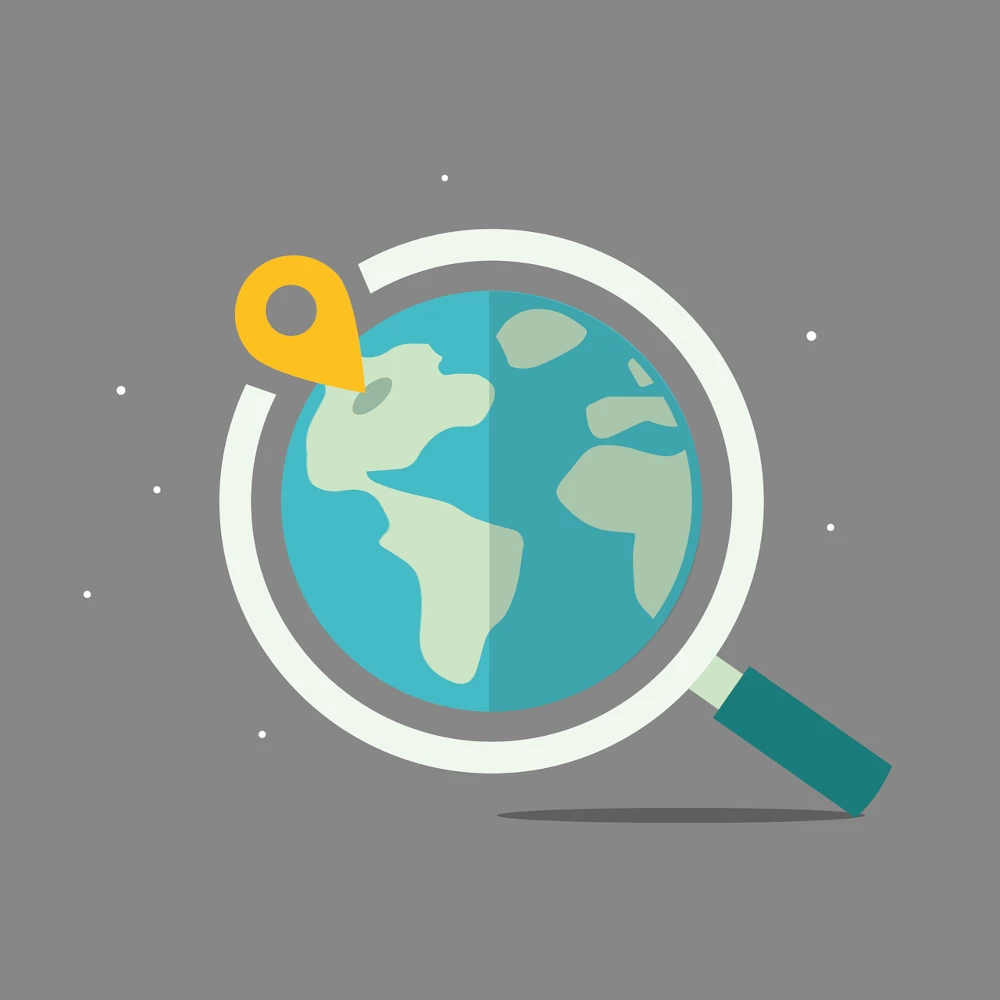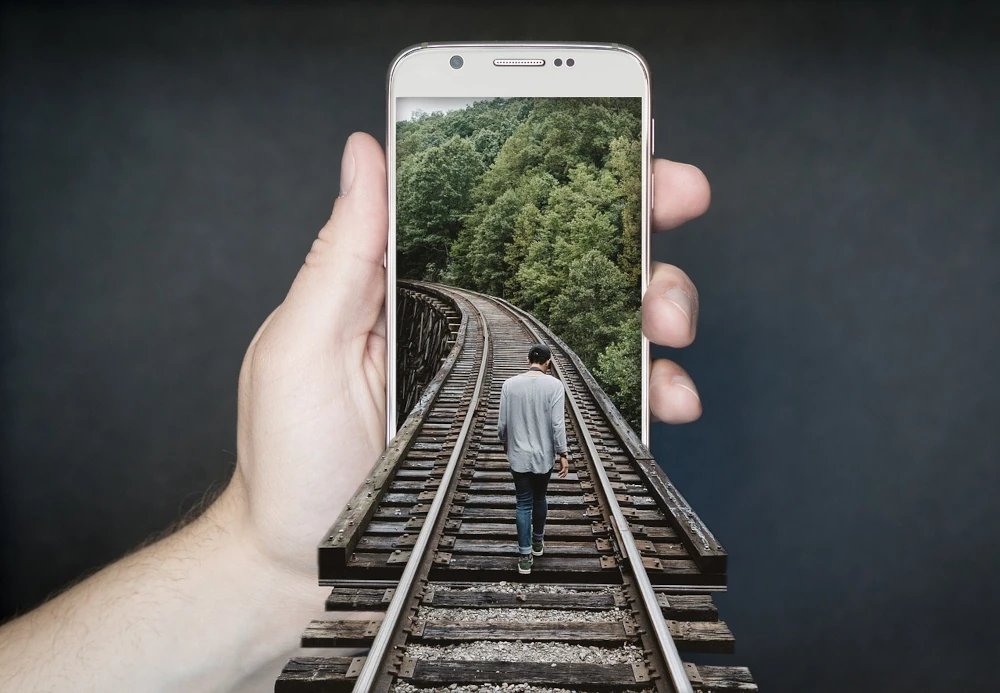Technology has transformed nearly every aspect of travel over the past few decades. From planning and booking to navigating and sharing experiences, technology enables travelers to research, organize, purchase, and engage with their trips like never before. The travel industry has evolved to provide innovative digital solutions that aim to enhance, personalize, and streamline the end-to-end travel journey.
Travel technology spans a broad range of tools and solutions. This includes online booking platforms, review sites, ride-hailing apps, virtual reality, chatbots, translation apps, digital payments, IoT devices, and more. These technologies allow travelers to easily discover, plan, book, navigate, and share their trips. They also enable tourism businesses to reach, serve, and support travelers more efficiently.

Trends in travel technology bring more personalized and customized experiences
The travel industry has seen rapid innovation and adoption of new travel technology solutions in recent years that are enabling a more tailored and personalized experience for travelers. Some key trends in this area include:
- Customized itineraries and trip planning: AI and machine learning are allowing travel companies to create customized and dynamic trip itineraries and recommendations based on traveler preferences, budgets, previous trips, and real-time conditions. Apps like Google Trips can automatically build an itinerary and make suggestions personalized to the user. For further insights into how these technologies are shaping the travel landscape, click here to explore Luxoft’s expertise in travel and hospitality.
- Predictive recommendations: Travel platforms can now predict where travelers may want to go next or what activities they may enjoy based on advanced algorithms and data analytics. Services like TripIt use data science to recommend sights, restaurants, and deals to enhance an upcoming trip.
- Hyper-personalized experiences: Travel brands are using data collection and analytics to enable personalized interactions before, during, and after a trip. Chatbots, on-site recommendations, and tailored offers allow brands to provide relevant suggestions and experiences unique to each traveler.
- Biometrics and visual recognition: Facial recognition, gait analysis, and other biometric data enable frictionless, personalized experiences, like customized accommodation settings, recommendations based on moods, and hands-free authentication.
These innovations are transforming passive consumers into connected travelers who expect travel companies to deliver hyper-relevant, customized experiences before, during, and after each trip. Travel tech that facilitates personalized trips will continue rising in importance in the coming year
Innovation in Contactless Experiences
The pandemic has accelerated the adoption of contactless technologies in hotels, airports, attractions, and other segments of the travel industry. Touchless check-in via mobile apps, digital room keys, and mobile payments have gone from nice-to-have conveniences to essential safeguards.
Hotel brands like Hilton, Marriott, and Hyatt have rolled out apps and self-service kiosks to enable remote, contactless check-in. Digital room keys on apps allow guests to bypass front desks and head straight to their rooms. Hilton’s Digital Key service, launched in 2015, saw usage jump 66% in 2020. Airlines have also embraced biometric boarding and touchless bag checks via mobile app.
Contactless payment adoption has soared, with many travel companies eliminating cash transactions. Airlines like Delta and American make it easy to store payment details in their app for touch-free purchases on flights. Theme parks like Disneyland use touchless turnstiles to scan digital tickets from guests’ phones. Mobile food and beverage ordering has become ubiquitous at hotels, stadiums, and entertainment venues.
The demand for contactless experiences doesn’t appear to be subsiding in a post-pandemic world. Travelers have come to expect and appreciate the speed, simplicity, and hygiene of these interactions. While initially born of necessity during COVID-19, touchless technologies have demonstrated lasting consumer appeal. Their thoughtful integration into the travel journey is reshaping customer experiences and expectations.
Going Green
The travel industry has faced growing pressure to adopt more eco-friendly practices. This has led to innovative solutions that help travelers reduce their carbon footprint.
One area seeing rapid change is transportation. More accommodations are offering electric vehicle charging stations, while tour companies are shifting to electric buses. Apps help travelers find the greenest way to get around by comparing emissions between travel options. Some airlines allow customers to purchase carbon offsets when booking flights.
The hospitality industry is also responding to demand for sustainable lodging. Eco-resorts use renewable energy, serve local food, and conserve water. Major hotel chains have green certification programs, with features like low-flow fixtures, key card-based electricity systems, and not washing towels every day unless requested. Sites like BookDifferent.com make it easy to search and compare green hotels.
Automating Travel Planning with AI Assistants
Artificial intelligence and automation are transforming how travelers research, book, and manage trips. Virtual travel agents and chatbots are taking over many routine travel planning tasks while still providing a high degree of personalization.
Chatbots integrated into travel websites or apps allow travelers to ask questions and get quick recommendations or information. These AI assistants can suggest destinations based on desired weather, budget, interests, and other factors. They provide 24/7 service without tedious menus or hold times.
Intelligent virtual agents can also automate travel booking. AI-powered tools build customized itineraries by understanding each traveler’s preferences and constraints. Automated services scan flight and hotel options, alert users to price drops and instantly complete bookings. This saves travelers time while often finding better deals.
Other AI travel planners generate full trip plans and day-to-day itineraries. After travelers input their interests, desired pace, and budget, these bots craft schedules including transportation, lodging, activities, and guided tours. Itineraries can even be automatically adjusted based on real-time conditions like weather or flight delays.
Travelers still appreciate human interaction for complicated trips or unique needs. But for routine planning, AI delivers convenience, personalization, and money-saving intelligence difficult for humans to match. As technology advances, virtual travel agents will continue to handle more steps of the planning process.
Immersive Previews Drive New Ways to Explore Destinations
The rise of virtual and augmented reality has opened up exciting new ways for travelers to preview and explore potential destinations. VR enables users to be fully immersed in a computer-generated simulation of a real-world location, while AR overlays digital enhancements onto the existing physical environment. This allows potential travelers to get a highly realistic sneak peek of landmarks, hotels, neighborhoods, and more to help inform their travel planning.
Some leading examples of immersive travel tech include:
- VR destination previews from Expedia, British Airways, and many tourism boards, allow users to digitally explore locations in 360 degrees. This gives a strong sense of spatial awareness and what it may feel like to be there.
- AR city and walking tours overlaid on physical surroundings via apps like Wikitude and Guidigo, providing interactive information and navigation assistance as users actively explore.
- AR hotel view overlays on property websites, so potential guests can see digital renderings layered on real photography. This helps envision the space more accurately.
- AI-powered virtual travel companions and tour guides from startups like Mezi, offer personalized recommendations and background details in natural conversational interfaces.
Immersive technology gives travelers the unmatched ability to preview and digitally experience destinations, aiding the research process. Moving forward, we can expect more hyper-realistic renderings and enhanced interactivity to further blur the lines between physical and digital exploration. The result will be travel consumers who are better informed and excited about potential trips.

Mobile Technology Transforms How We Plan and Experience Travel
Smartphones and mobile apps have radically changed how we research, book and experience travel over the past decade. All-in-one travel apps like TripIt and Google Trips allow travelers to efficiently organize and manage every detail of their trips in one place. Location-based services like Foursquare, Google Maps, and Yelp help travelers discover the best restaurants, attractions, and activities in any destination. In-destination apps like audio guides, transit apps, and local attraction apps enrich the travel experience and make navigating foreign places effortless.
Augmented reality apps are taking travel technology to the next level by overlaying useful information onto the physical world. Apps like Wikitude and AR City use a phone’s camera to identify landmarks and provide historical facts, travel tips, and translations in real time. The proliferation of travel apps has transformed travelers from lost tourists to connected explorers armed with all the information they need to travel like locals.
The Rise of Big Data and Predictive Analytics in Travel
The travel industry generates vast amounts of data on customer searches, bookings, reviews, and more. Companies are leveraging big data and predictive analytics to gain powerful insights into traveler behavior and preferences. This data helps travel companies:
Understand Travel Trends and Demand
By analyzing large datasets across demographics, destinations, seasons, events, and more, companies can identify patterns and upcoming trends. This allows them to predict demand, adjust offerings, and target marketing. Data helps forecast popular destinations, travel styles, and peak seasons.
Personalize the Traveler Experience
Individual traveler data like past bookings, searches, and feedback is used to offer personalized recommendations. Travelers feel understood and enjoy relevant suggestions for hotels, flights, activitie, and offers.
Optimize Prices Dynamically
Algorithms analyze supply and demand data to frequently adjust pricing. This dynamic pricing aims to maximize revenue. Prices can change minute-to-minute based on factors like date, competitor pricing, and remaining inventory.
Improve Operational Efficiency
Data identifies ways to streamline operations. Hotels might adjust staff schedules based on expected occupancies. Airlines can route flights more efficiently by analyzing passenger flows. This optimization reduces costs.
This data-driven approach revolutionizes how travel companies understand customers, make decisions, and remain competitive. Big data analytics will only grow more powerful as technology advances. Companies adopting these innovations early reap major benefits.


